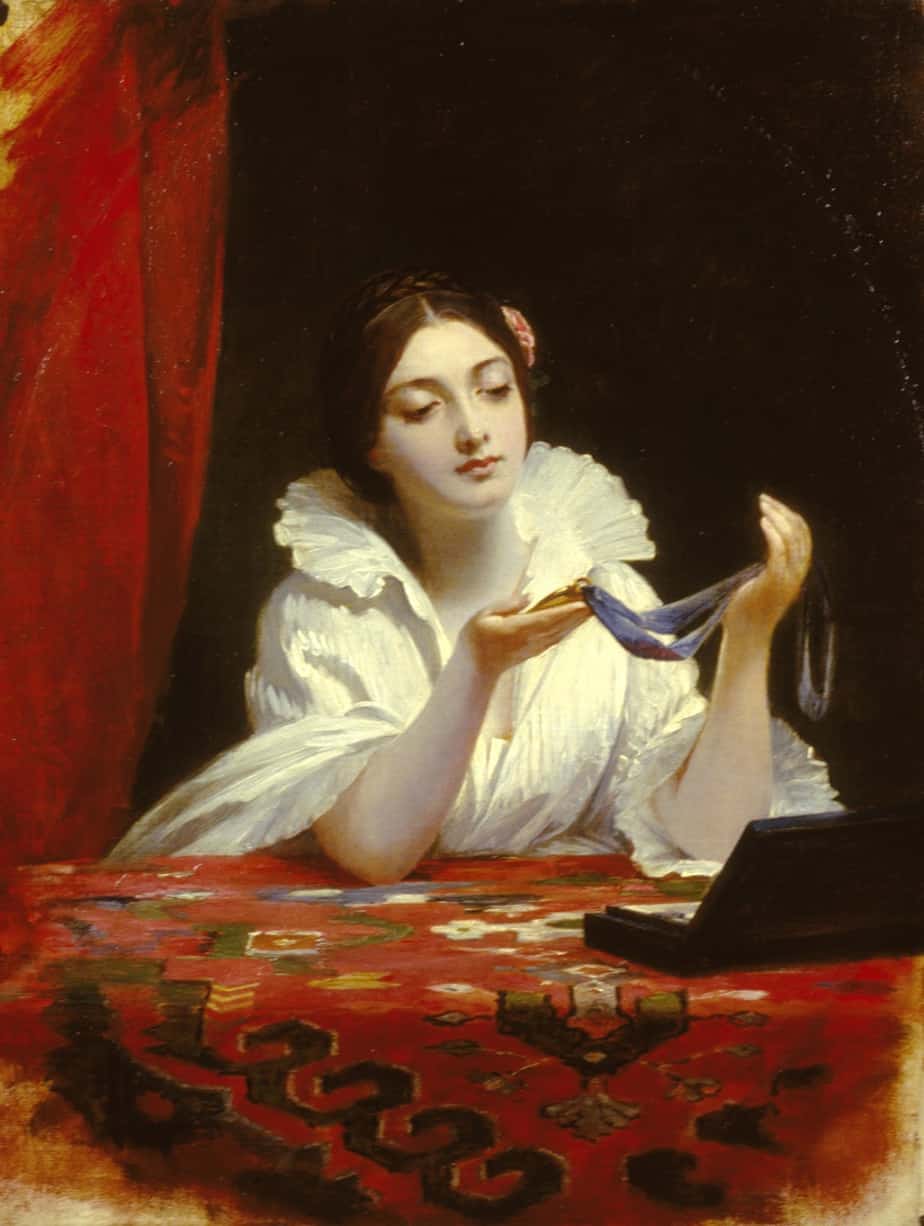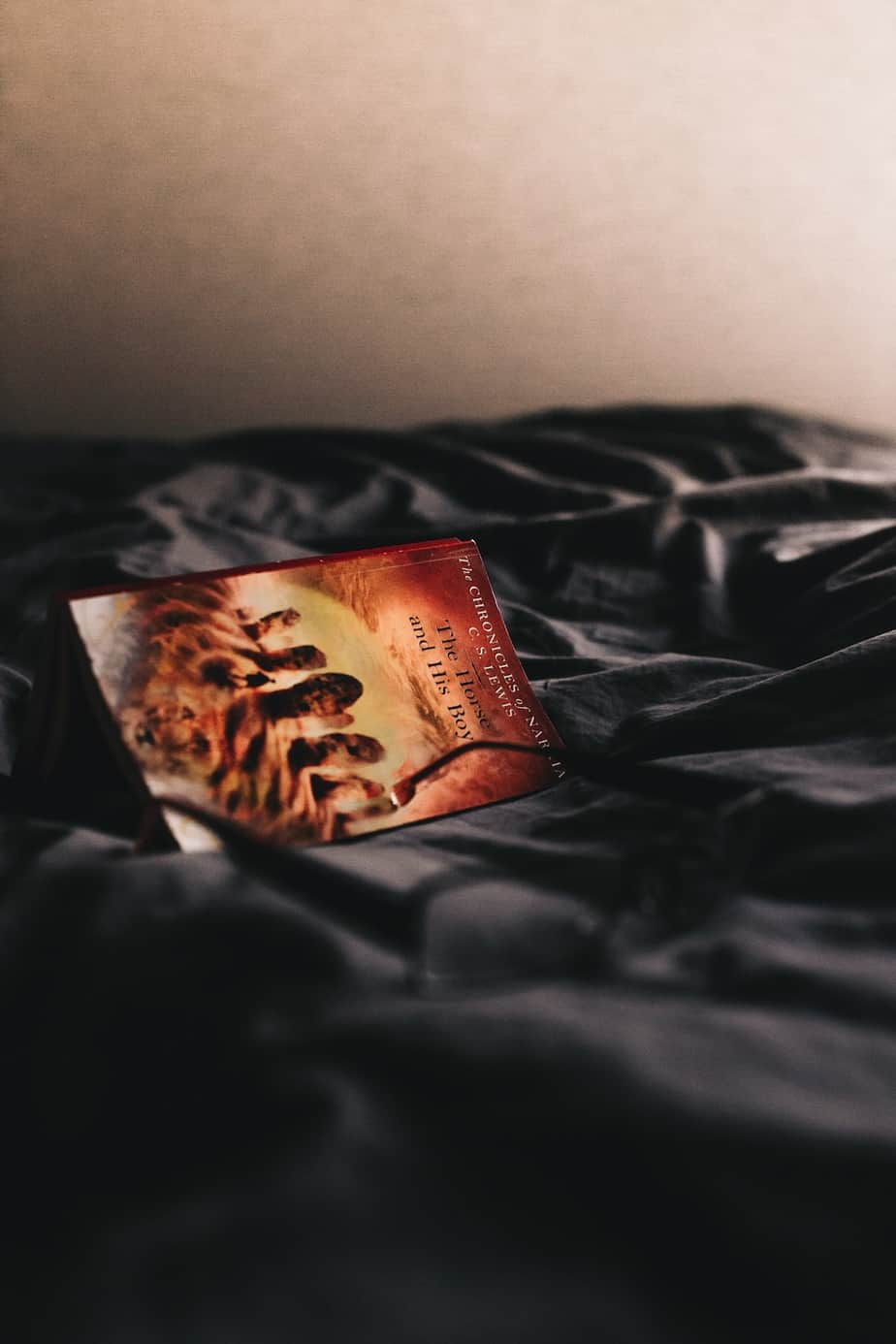-
Iterative vs Singulative Time In Children’s Literature
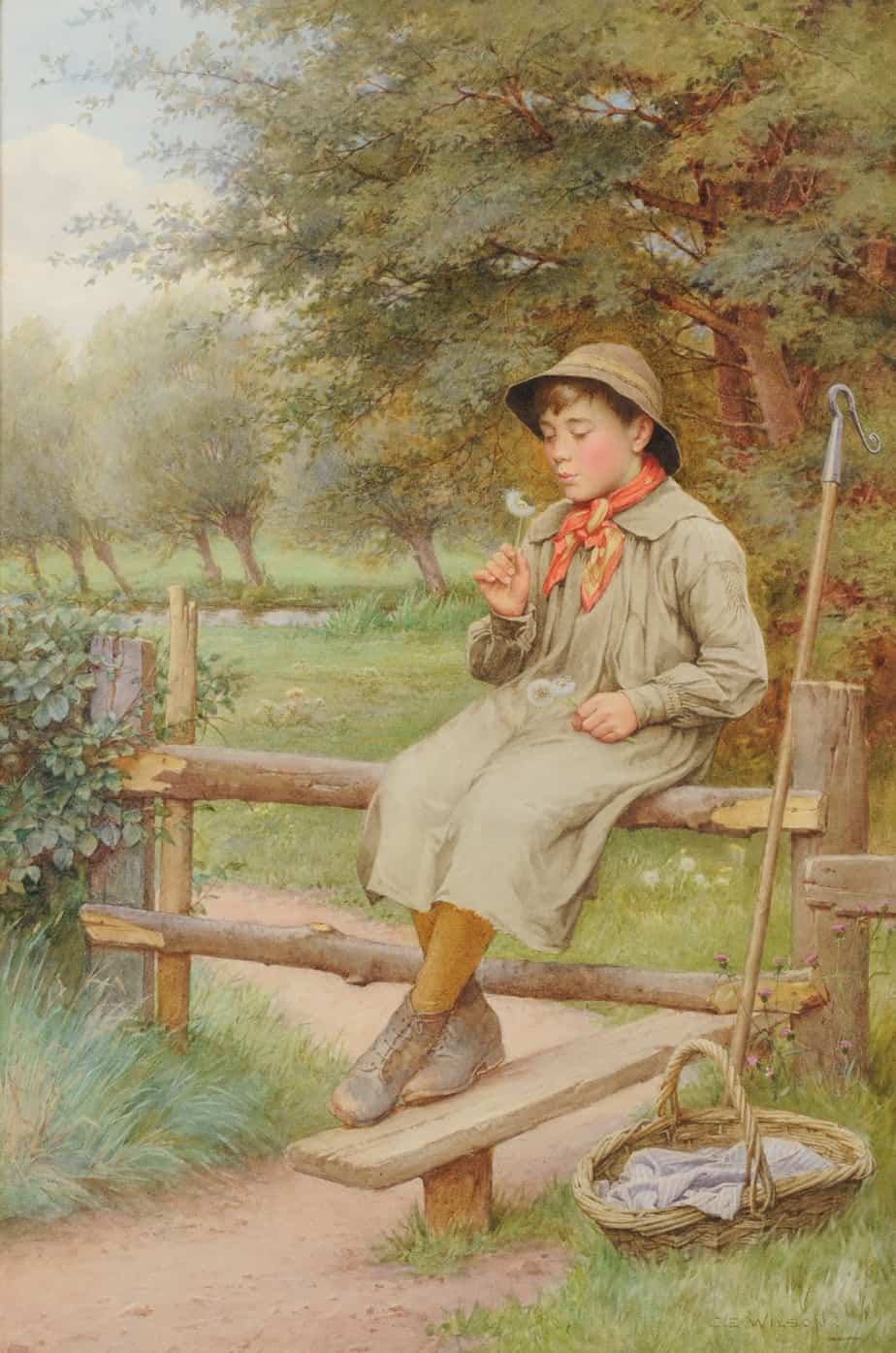
When writing about different temporalities in children’s literature, academic Maria Nikolajeva makes a useful distinction between ‘iterative’ time and ‘singulative’ time. These words come from Gerard Genette, who also came up with useful terms to describe story pacing. Genette talks about three modes of time an influential book called Narrative Discourse: ‘Singulative’ (telling once what […]
-
Dollhouse Symbolism In Storytelling
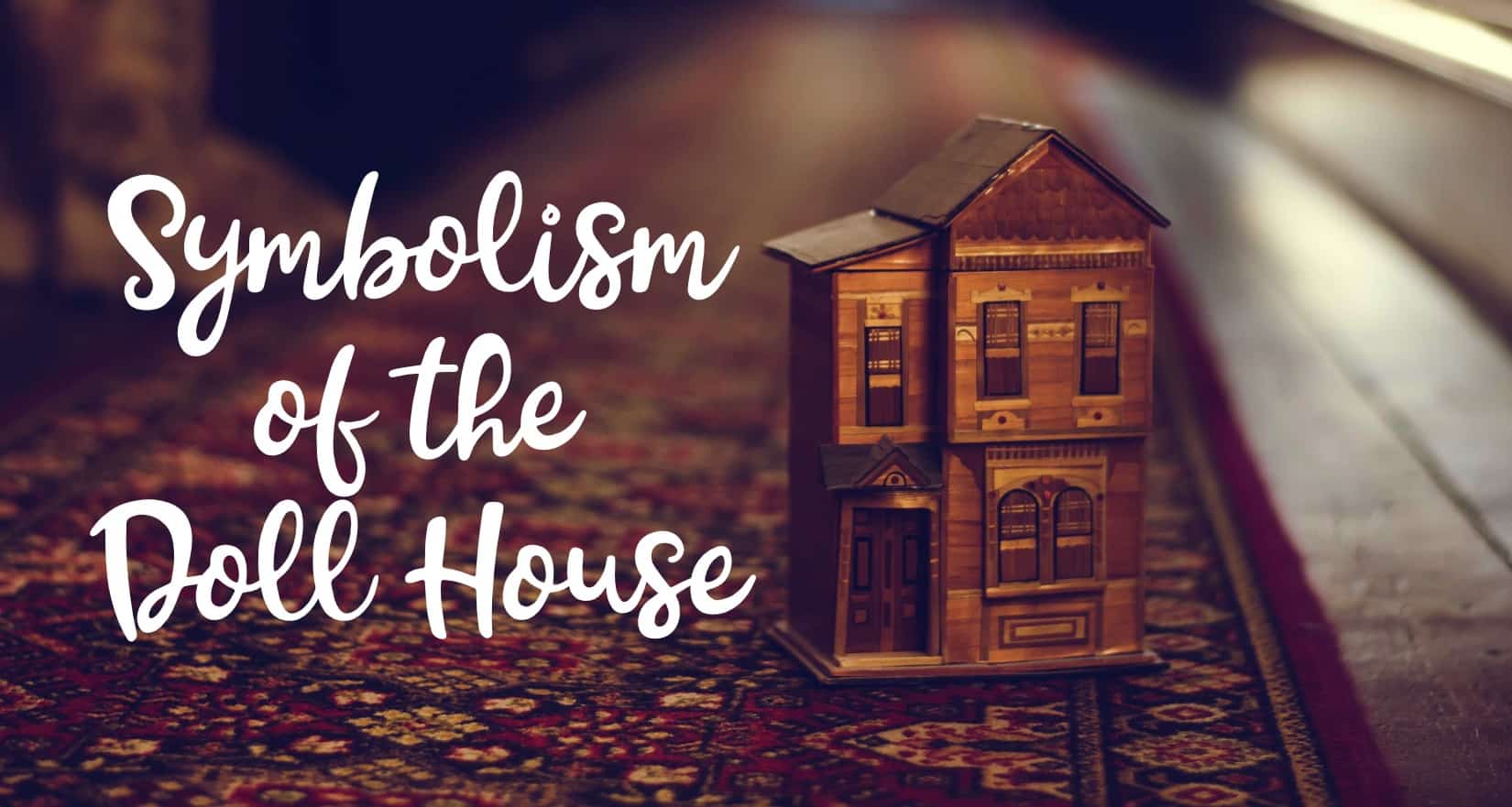
Dollhouses in stories fall into a number of main categories: Through the window, the benches are snowcapped, stippled with pigeon prints. Winter came early to New York. The apartments across the way glow shades of yellow. Figures move from room to room. They look like doll-people. I want to collect their love seats and kitchen […]
-
The Beach As Setting In Storytelling
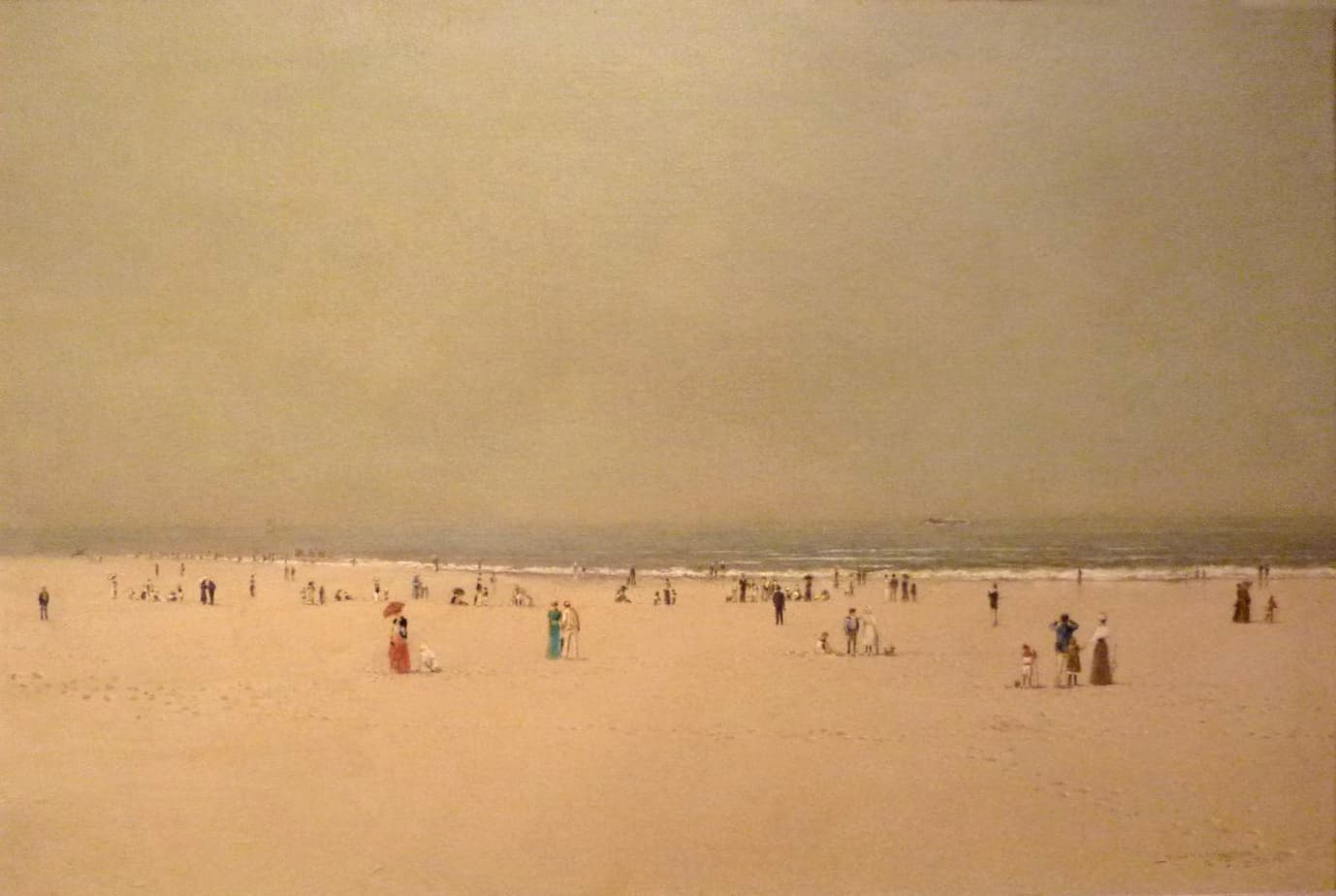
Across all forms of storytelling the beach functions as an alternative, liberating space, almost a heterotopia. The beach is also a liminal space, partly because it forms the boundary between land and sea. The beach as a tourist destination is also a liminal space because visitors can “enjoy experiences and feelings that are often repressed […]
-
The Mouse and His Child by Russell Hoban
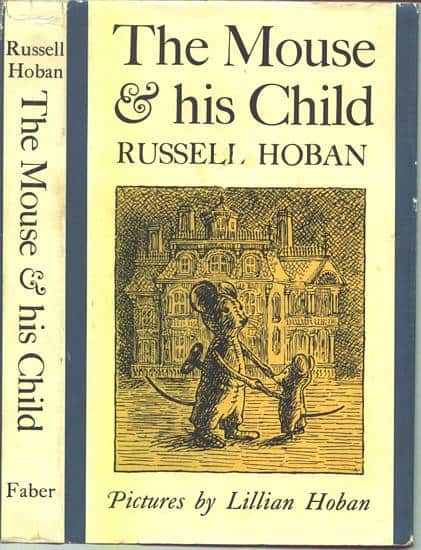
This middle grade novel features talking animals, especially mice, toys and doll’s houses. The Mouse and His Child is no Velveteen Rabbit, however. As Margaret Blount says, The Mouse and His Child defies classification, and is therefore of interest to critics and children’s literature enthusiasts: Russell Hoban’s The Mouse and His Child (1969) is such a strange, […]
-
The History And Influence Of Cinderella Fairy Tale Analysis
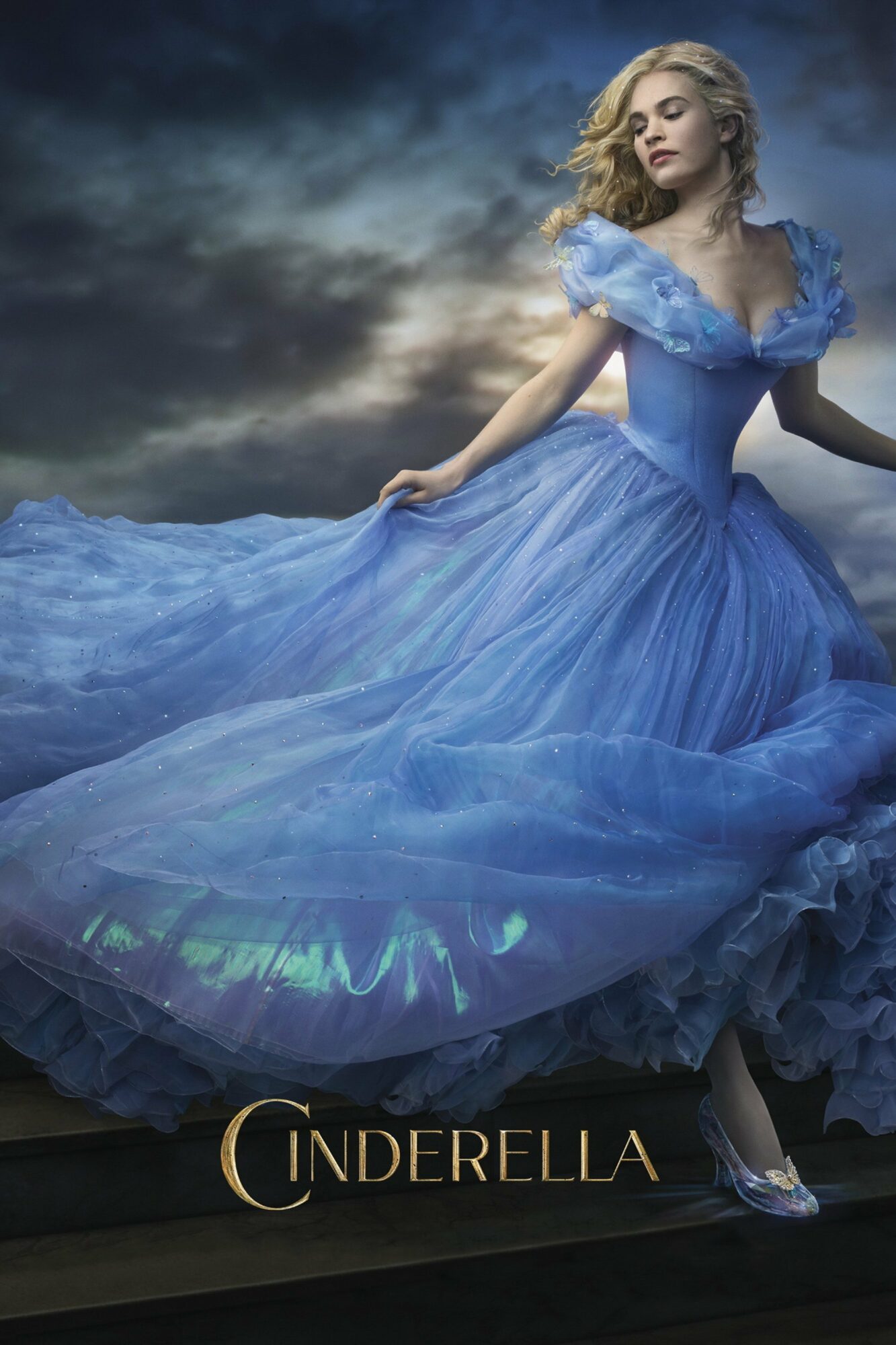
“Cinderella” is a classic rags-to-riches tale and can be found, written straight or subverted, throughout the history of literature. It’s worth pointing out that Cinderella wasn’t truly from ‘rags’. She was related to middle class people, so was at least middle class herself. No one wants to hear about actual starvation, rickets and whatnot at bedtime. This is a middle-class-to-rags-to-aristocrat…
-
A Rumour Of Otters
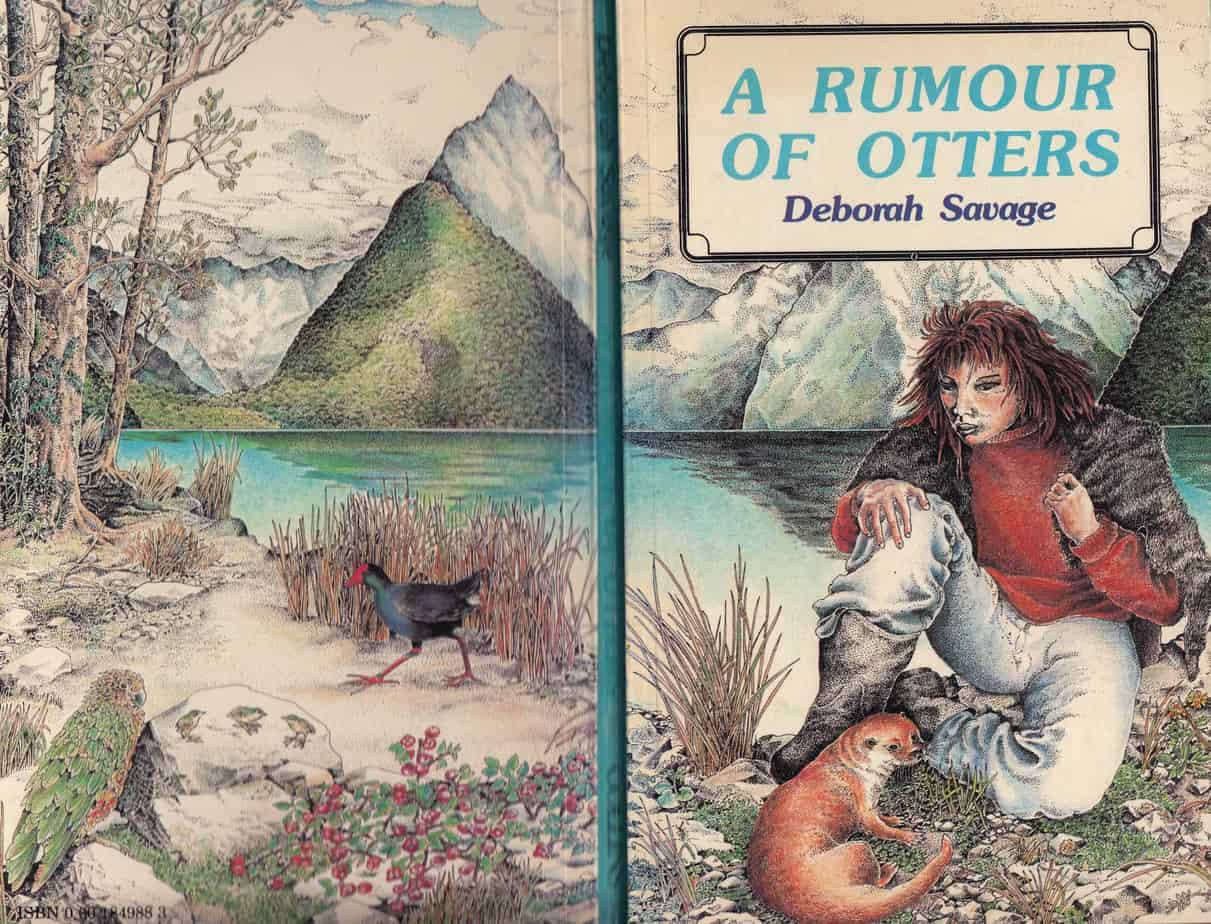
A Rumour of Otters by Deborah Savage is an out-of-print New Zealand book, published 1984, written by an author from Pennsylvania. I remember there was a class set of this book in my high school, studied by Year 9 students. I wonder if there’s still a box of them in the Burnside High School resource […]
-
The Tale Of Peter Rabbit by Beatrix Potter Analysis
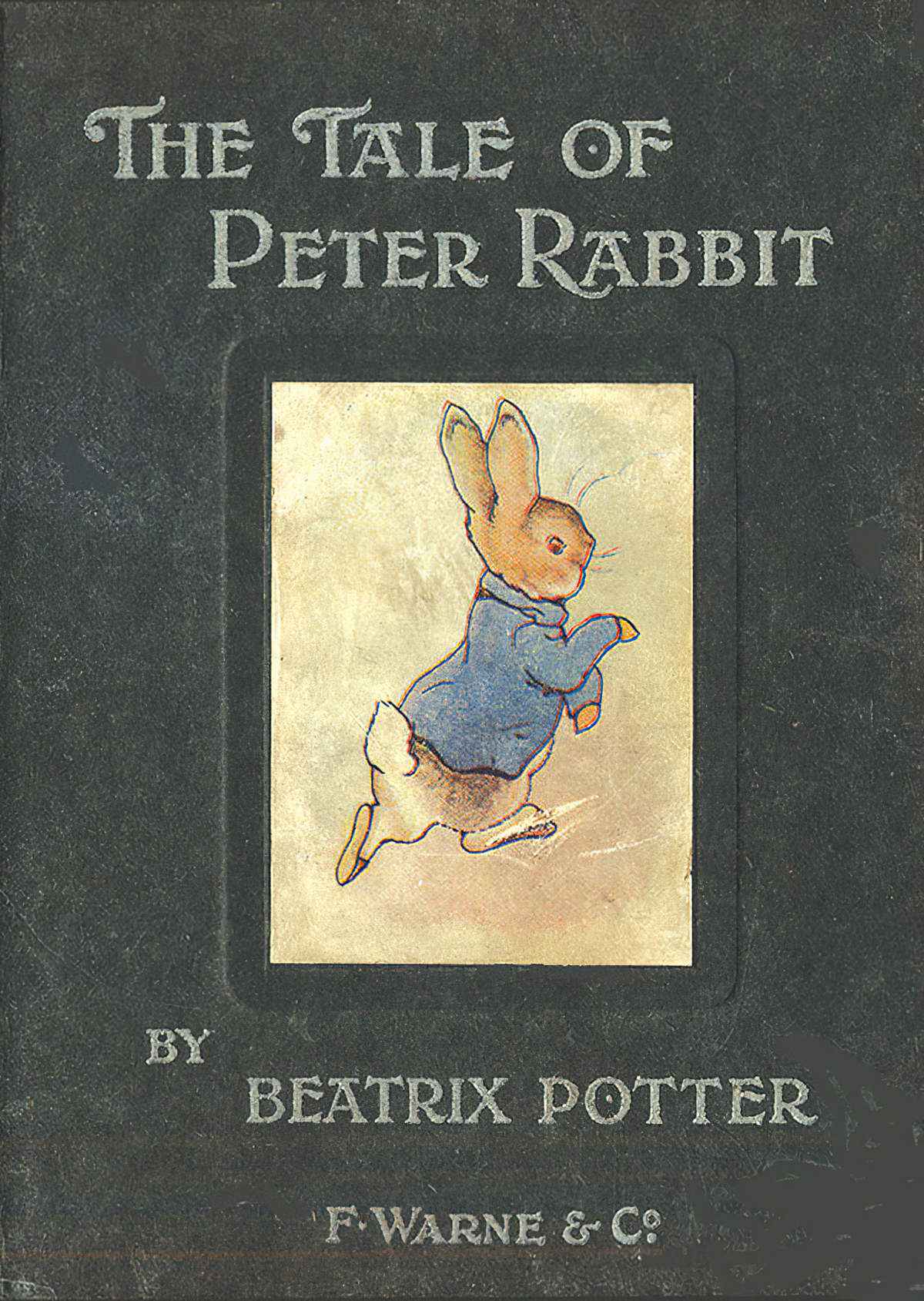
As Marjery Hourihan points out in Deconstructing the Hero, Peter Rabbit is basically an Odyssean story. A male hero goes out, has an adventure, faces death and then arrives home, changed. Beatrix Potter was following a long tradition of storytelling when she wrote this one.
-
Dragons In Children’s Literature
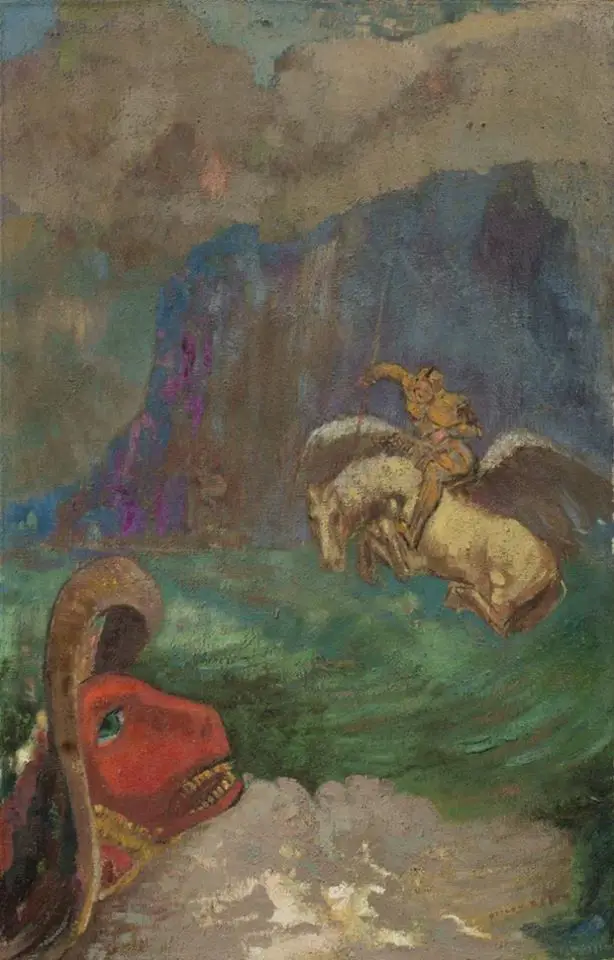
Dragons have always evoked a mixture of fear and attraction. They’re everywhere in The Bestiaries. Folkloric dragons always talk. They are semi-human and have wily intelligence. Sometimes they’re regal, sometimes cowardly.
-
Domestic Dramas In Children’s Literature
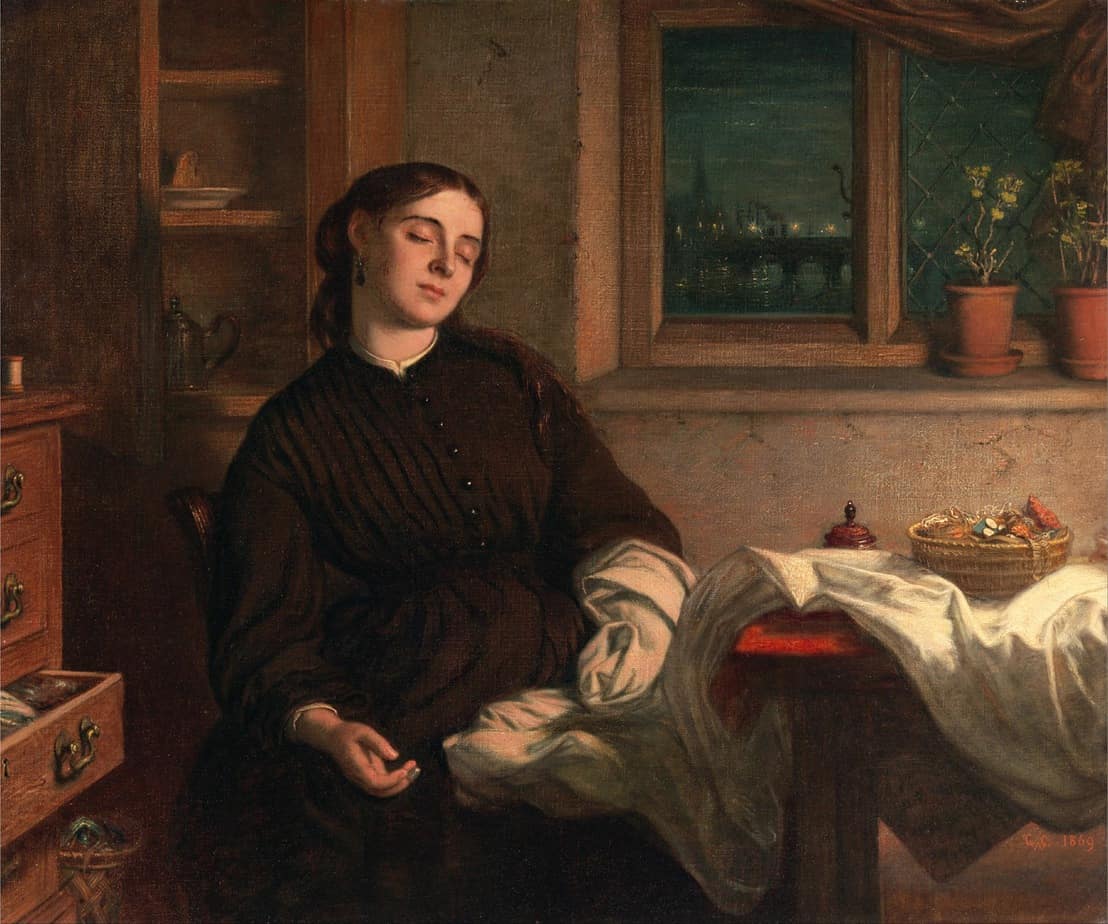
While adventure stories were originally written for boys, domestic dramas were written for girls. DOMESTIC DRAMAS AND PLOT SHAPES Adventure stories are linear. The hero starts the story by leaving. He often finds himself in a new home after completing his journey. This is a linear plot. In contrast, domestic dramas are circular. Domestic stories are home-away-home stories, with […]
-
The Difference Between Folklore and Fable
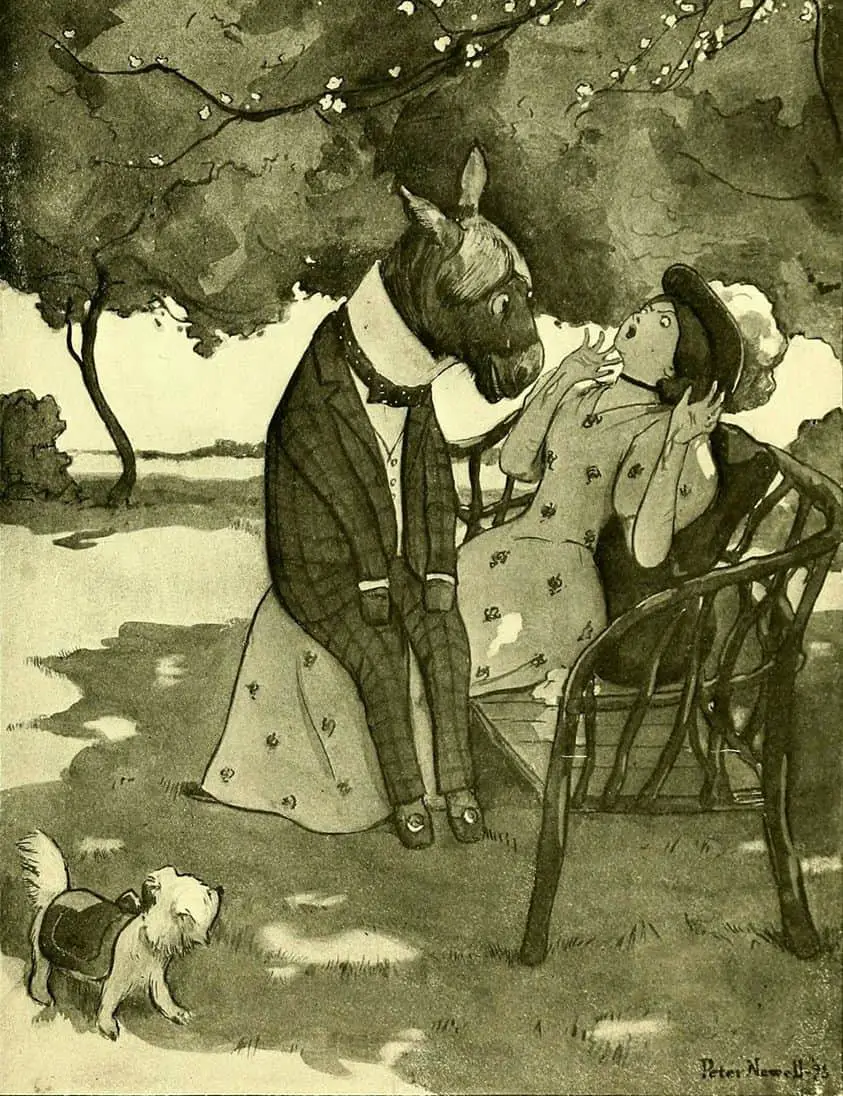
Folklore refers to the traditional beliefs, customs, and stories of a community, passed through the generations by word of mouth. No one knows the origins of folklore. Fables are parables which star non-humans (animals). Contemporary speakers rarely make this distinction. Mostly nowadays ‘fable’ is sometimes used instead of ‘parable’. Commentators know the lines have blurred and will […]
-
What is a parable?
A parable is a succinct, didactic story, in prose or verse, which illustrates one or more instructive lessons or principles. Fables are different. Fables feature animals, plants, inanimate objects, or forces of nature as characters, whereas parables have human characters.
-
A Brief History Of Horse Stories
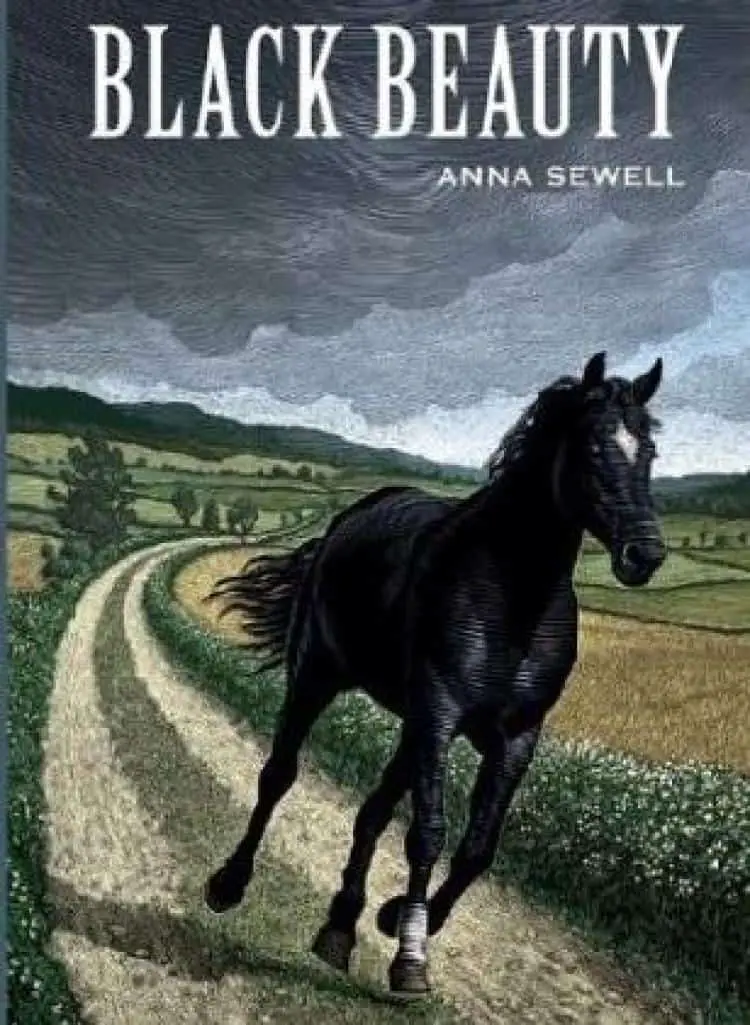
Horses and horse-like supernatural creatures go way back in folklore. They don’t get much of a mention in Grimm’s fairytales, but I’m guessing that’s only because horses were simply assumed. Mentioning horses would be like us pointing out all the cars. The water-horse or kelpie was a creature from English folklore. This horse was a […]
-
How Police Procedurals Are Different From Real Police Work
Police procedurals are the most popular subgenre of story worldwide. We have police procedurals such as The Wire, which has a dedicated and enthusiastic fanbase of those who like mimesis in their fiction, but the fact is, cinéma vérité is pretty hard to follow if you’re trying to just relax and enjoy. Of course the […]
